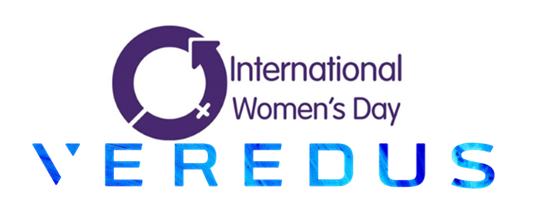
IWD2021 #CHOOSETOCHALLENGE – IMPOSTER SYNDROME
Imposter Syndrome: a psychological condition that compels individuals to doubt their own accomplishments; often paired with a persistent anxiety about being exposed as a fraud or found to be lacking in competence.
When the term Imposter Syndrome was coined as a recognisable phrase in 1978, it was highlighted as an issue only women faced. They fall prey to the psychological pattern due to a lack of testosterone, dubbed “the confidence hormone”.A quick Google search today reveals Imposter Syndrome as “women’s silent career killer” and that “over 6 in 10 women suffer Imposter Syndrome in the UK”. Does this mean that nothing has changed between 1978 and 2021? Isn’t it time to challenge this narrative?
The original study, conducted by psychologists, Drs Pauline Clance and Suzanne Imes, asked questions of a sample of 150 women who had proven successes academically and professionally. If we consider the study, we can identify a number of real concerns with the data:
- The research was focused on women only.
- Many groups were excluded from the study based on their ethnicity, income levels, genders & professional backgrounds.
- The sample group included 95 undergraduate women and 10 PhD faculty women at a small, private, Midwestern college. They were primarily white, middle- to upper-class women between the ages of 20 and 45. One third of the sample were also therapy patients.
What really stands out is that the sample group simply was not representative of the working world. As a result, the original research did not account for any of the other external biases that existed at that time.
In reality, Imposter Syndrome can affect anyone regardless of age, gender, profession or ability. A 2019 UK study demonstrated that up to 49% of men also experience the effects of the phenomenon regularly, and it has a perceived negative impact on their performance and productivity. 75% of all professionals procrastinate in the workplace because of Imposter Syndrome.
Was the original research almost a catalyst for woman to acquire a new label (or indeed label themselves) as “imposters” for feeling uncertain at work? As a woman’s problem, it was, therefore, for women to “fix” themselves. What we should be doing is recognising this as a universal issue and work at fixing the problem.
What can we do?
Imposter Syndrome can only continue to exist through exclusion, bias, and a lack of sense of belonging in the workplace:
“Diversity is having a seat at the table, inclusion is having a voice, and belonging is having that voice be heard.” (Liz Fosslien, Mollie West Duffy)
Not nearly as quickly as we would like, for sure, but increasingly, gender diversity at the table is on the increase; there is a 31.9% representation of women at Director level and 37.6% at Non-Executive Director level in the FTSE 250. Twenty-two countries worldwide now have a female Head of State or Government. Incremental progress is being made. Different voices and diversity of thought are now encouraged, applauded and considered invaluable.
We won’t all be a part of boardroom hiring, however, which is why our influence at all levels to improve this sense of ‘fitting in’ is absolutely key to winning the battle against Imposter Syndrome. It is our collective responsibility to help foster a workplace culture that is all-embracing, that allows employees to have confidence in their own abilities and impact, and that promotes a sense of belonging.
